Working with adults is a joy. Adults know what they want, which means they have their own motivation to change their communication. Have a learning based disability and failed a professional licensing exam, have high functioning autism and struggling to maintain your job after difficulty with social language, or a non-native English speaker having difficulty acquiring English who needs to improve English skills in order to receive a promotion. All are problems that could warrant a visit to a speech pathologist.
How does a speech pathologist approach these problems? The steps include assessing the speech, language, and executive function skills, analyzing the error patterns, identifying language and learning strengths and weaknesses; and finally creating a treatment plan that will engage the client. Working with adults is a collaborative process, and the way to change is not always easy, but it is always fascinating.

